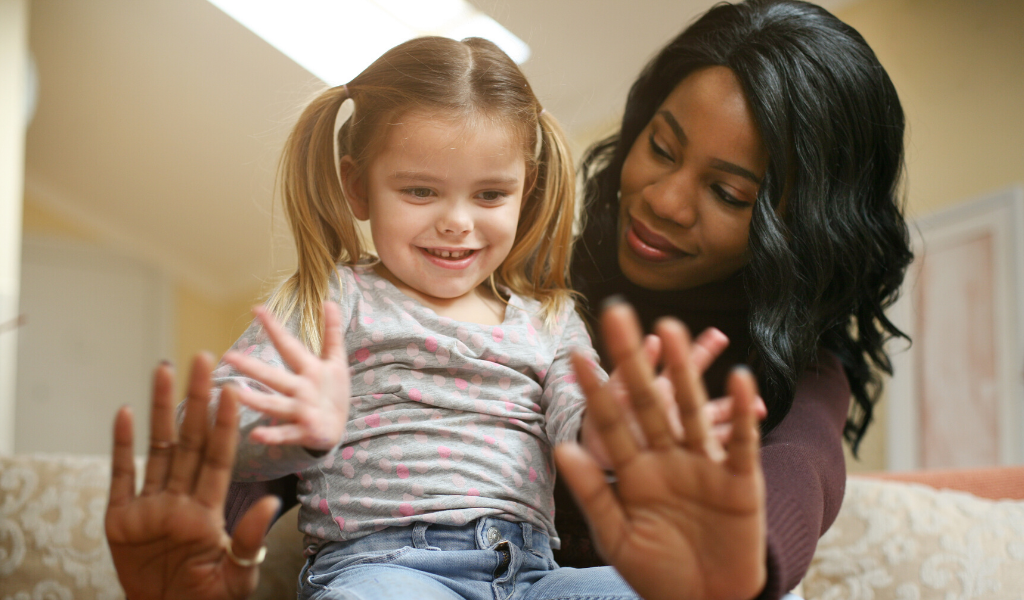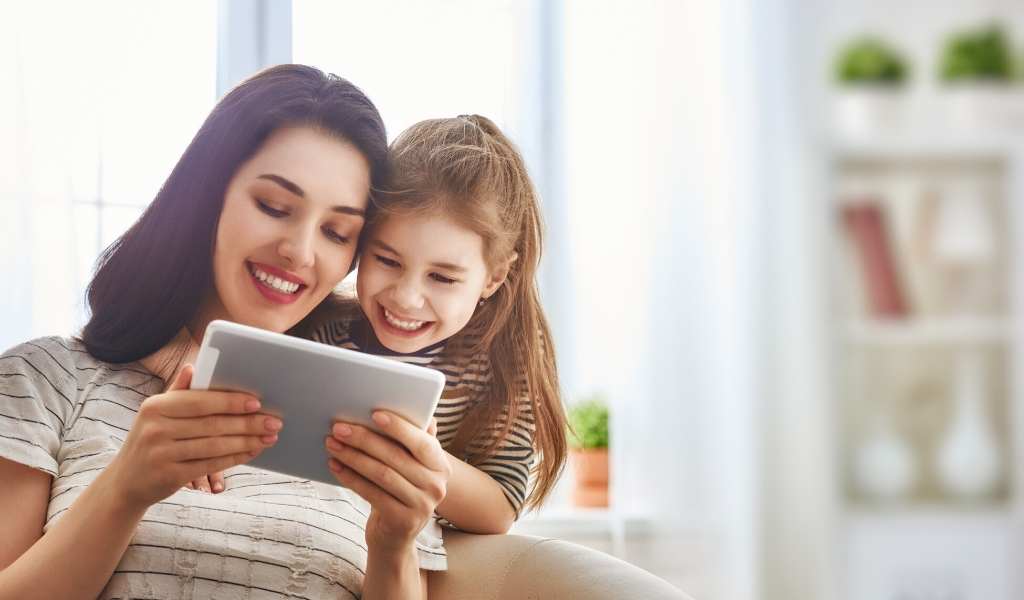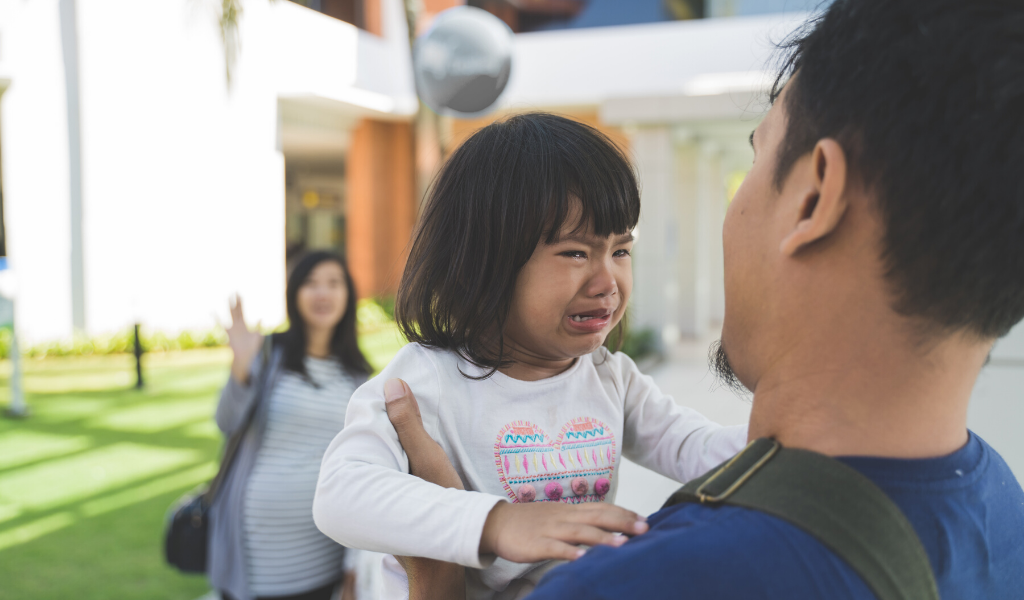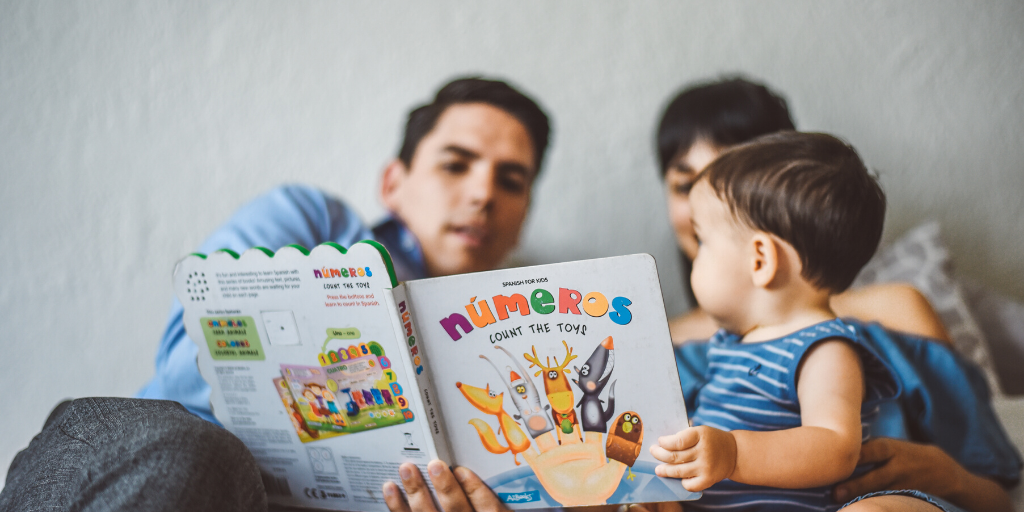As we begin to reopen our early years settings and some children return to school, we are all aware that we need to return with a greater emphasis on supporting children’s mental health and wellbeing. That’s why we’ve asked our wellbeing expert Sonia Mainstone-Cotton for some practical tips and advice we can all follow:
Ten weeks at home is a long time for all of us, but especially our youngest of children. Ten weeks where they have only been with their immediate family, where they may not have had many opportunities to get outside. For some of the children we work with, it will have been ten weeks of a fairly relaxed, positive time having some wonderful and varied experiences with their family. For others, it may have been ok but pretty boring and limiting. For others, it may have been ten weeks in a very stressed and at times frightening household.

What we do know is that the children are returning to change and their setting will not look the same. There may be fewer children, the key staff may be different, their favourite toy may not be available. We know that change doesn’t have to be a negative experience, but we also know that children need support in managing and coping with change. We cannot expect them to just adjust without support.
A few key areas we need to think about how we support children in the return are:
Where possible prepare them for the changes. If they haven’t yet returned there may still be time to do this. If possible, send photos of how the setting/room is going to look different. Or do a little video of the setting to show them the changes, showing them indoors and outdoors. Tell them what it will be like when they return e.g. which staff will be with them, which children will be with them, which toys or resources will be available.

Remember that when they return they may feel uncertain, a bit anxious or worried. They may be reluctant to leave their family or they may be sad or cross at the setting looking different. These are all normal and to be expected. You may have felt a mix of some of those feelings or all of those feelings when you returned to the setting.

We need to think about this return as if it was a new and large transition and give it the attention that we give to large transitions, recognising that for some children they will need additional support. It may take them longer to settle and feel secure, or they may need to start on reduced hours or fewer days.
If you’re interested in transitions, don’t forget to read our expert blogs on this topic.
On the return put in place familiar things, familiar routines will be important. Where possible continue with activities that you did before lockdown e.g. the way you start and end the session, this might be with a welcoming song etc. Return to activities you were doing before lockdown that they enjoyed, this might be re-reading a story they enjoyed or talking about an experience you all had before the lockdown. This helps them to anchor themselves back in the familiar, reminding them of things they did before lockdown that they enjoyed. This helps the children to remember that your setting is a safe and enjoyable place to be.

Sonia will be sharing more practical ideas and suggestions for ‘Supporting Young Children’s Wellbeing after Lockdown’ in a Kinderly webinar. If you missed the webinar, you can watch it again by clicking here.

Sonia Mainstone-Cotton
Sonia Mainstone-Cotton – is an early years participation trainer, consultant and author, specialised in wellbeing and mental health. She’s the author of “Promoting Young Children’s Emotional Health and Wellbeing” and “Promoting Emotional Wellbeing in Early Years Staff”.